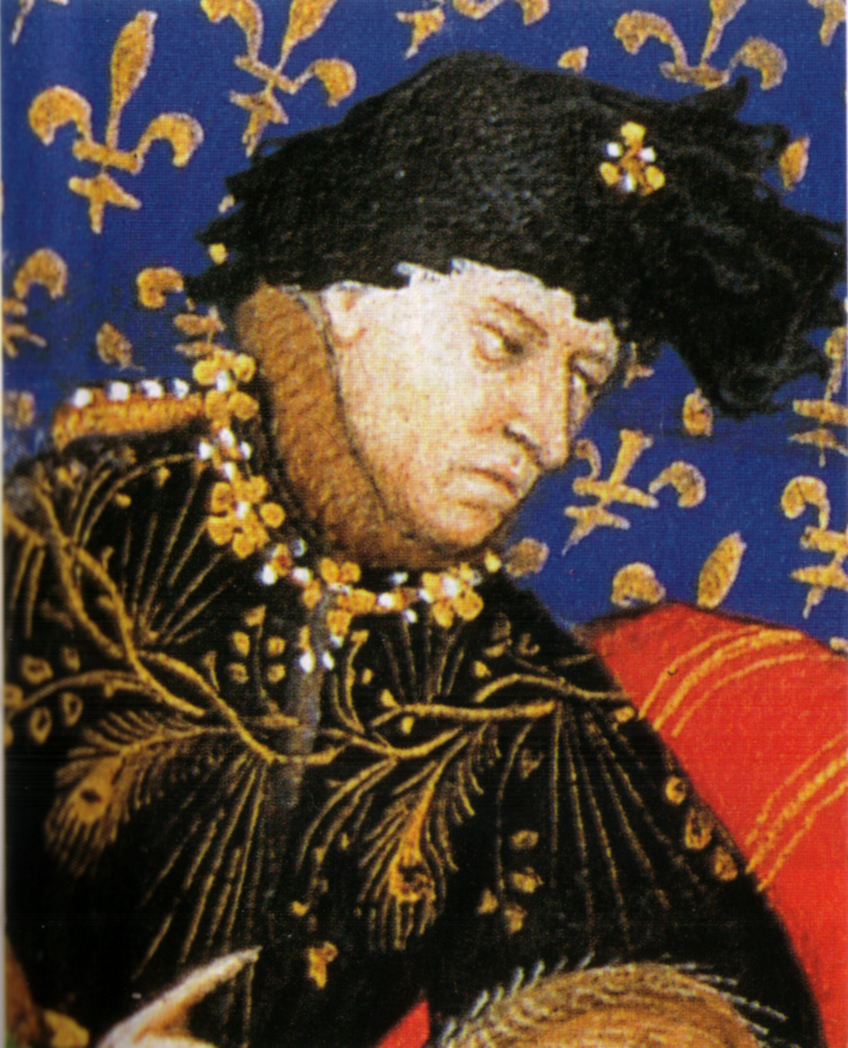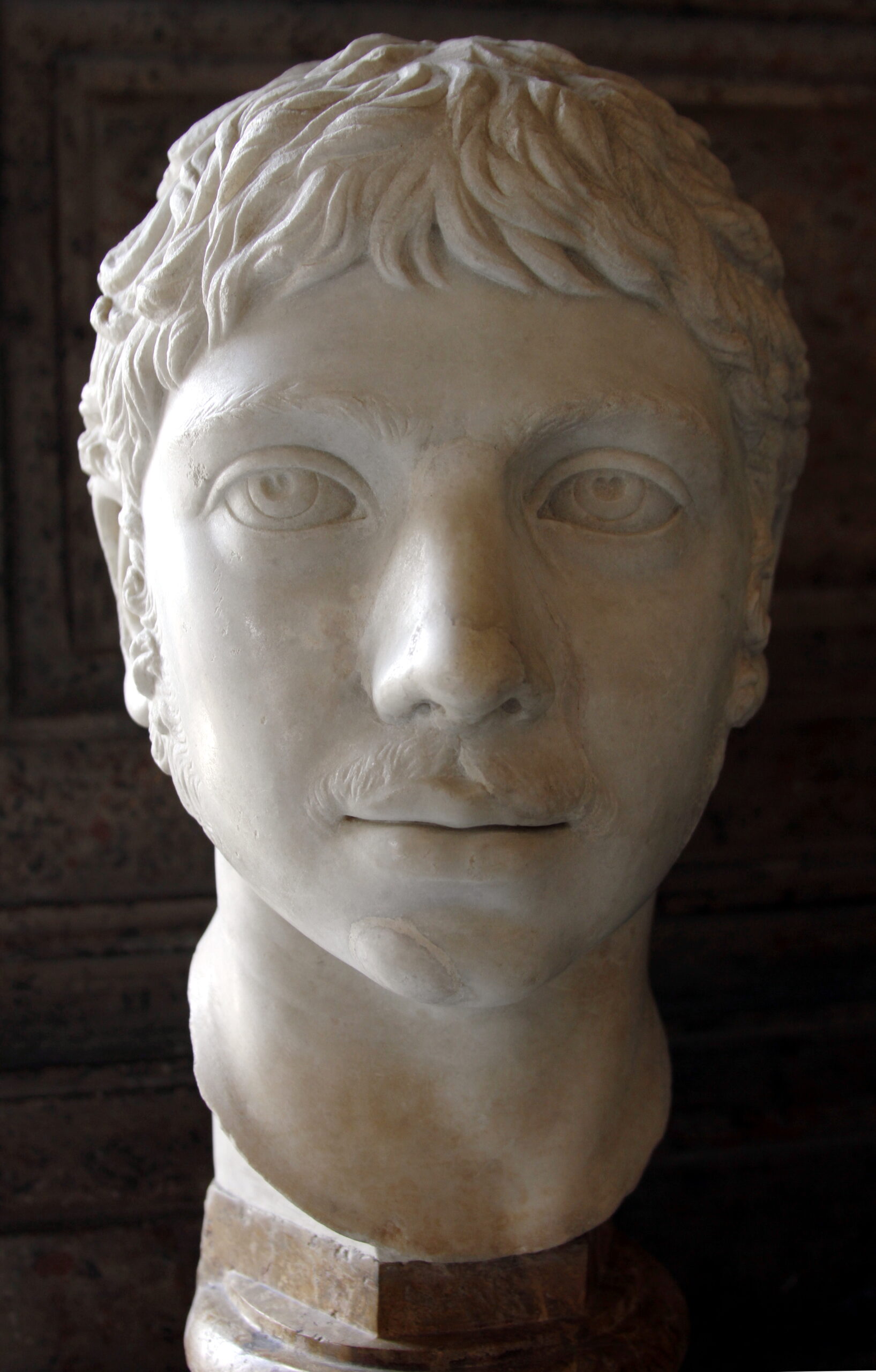The phenomenon known as glass delusion, where an individual believes they are made of glass and susceptible to shattering, has intrigued historians and medical professionals for centuries. During the late Middle Ages, this condition, also referred to as paranoia or hypochondriasis, was frequently observed among members of the wealthier and more educated classes. One such person who suffered from this debilitating condition was King Charles VI of France, who occupied the throne from 1380 to 1422.
King Charles VI’s struggles with mental illness and delusions began from a very young age. He exhibited symptoms of epilepsy at the age of thirteen, which subsequently increased in frequency and severity. As he advanced in age, so did the intensity and frequency of his delusions. He suffered from sleeplessness, depression, and periods of intense rage, followed by episodes of catatonia.
However, it was the glass delusion that most affected the king’s everyday life. He would become convinced that the slightest touch would cause him to shatter into a million pieces, leading to a monumental fear of physical contact. As a result, the king began to refrain from being physically present in the company of others. In 1392, when his wife attempted to visit him in his chamber, he ordered the servants to lock her out, leading to a bitter divorce. He also refused to partake in state affairs or urban tours that would bring him into contact with his subjects.
The king’s phobia was so severe that he went to great lengths to protect himself from imagined harm. He would wear a suit of iron armor underneath his clothing, laced with metal bands to “reinforce his skeleton to prevent it from shattering on contact with anyone or anything.” This custom ultimately altered his silhouette, making him appear bulky and misshapen.
The glass delusion suffered by King Charles VI, along with other symptoms of his mental illness, became known as “the wider disorder of Scholars’ melancholy.” This disorder was attributed to the harsh mental demands placed on intellectuals in society, causing them to suffer neural derangement, which led to paranoia and hypochondriasis. Indeed, the glass delusion affected some of Europe’s leading intellectuals, including Jean Buridan and Nicolas Oresme.
In the final years of his reign, the king’s condition became so severe that he was incapacitated. He was often bedridden and barely cognizant of his surroundings. His illness also exacerbated internal conflicts, as factions vied for political power. During the period of his incapacitation, his military prowess declined, leading to the loss of many provinces to the English, including Calais, which would ultimately be lost during the disastrous Battle of Agincourt in 1415.
When the king succumbed to his illness in 1422, his condition was attributed to the delusions and phantasms that accompanied the glass delusion. The people of France mourned their king, who was described as foolish and disturbed by his contemporaries. It is now clear that he was suffering from a profound and debilitating mental illness, which, thanks in part to the historical record, will continue to fascinate and educate individuals for generations to come. Ultimately, King Charles VI’s condition, while disturbing, is an intriguing historical glimpse into the limitations and fragility of the human mind.
image sources
- Charles_VI_de_France_-_Dialogues_de_Pierre_Salmon_-_Bib_de_Genève_MsFr165f4: https://commons.wikimedia.org/wiki/File:Charles_VI_de_France_-_Dialogues_de_Pierre_Salmon_-_Bib_de_Gen%C3%A8ve_MsFr165f4.jpg#/media/File:Charles_VI_de_France_-_Dialogues_de_Pierre_Salmon_-_Bib_de_Gen%C3%A8ve_MsFr165f4.jpg



